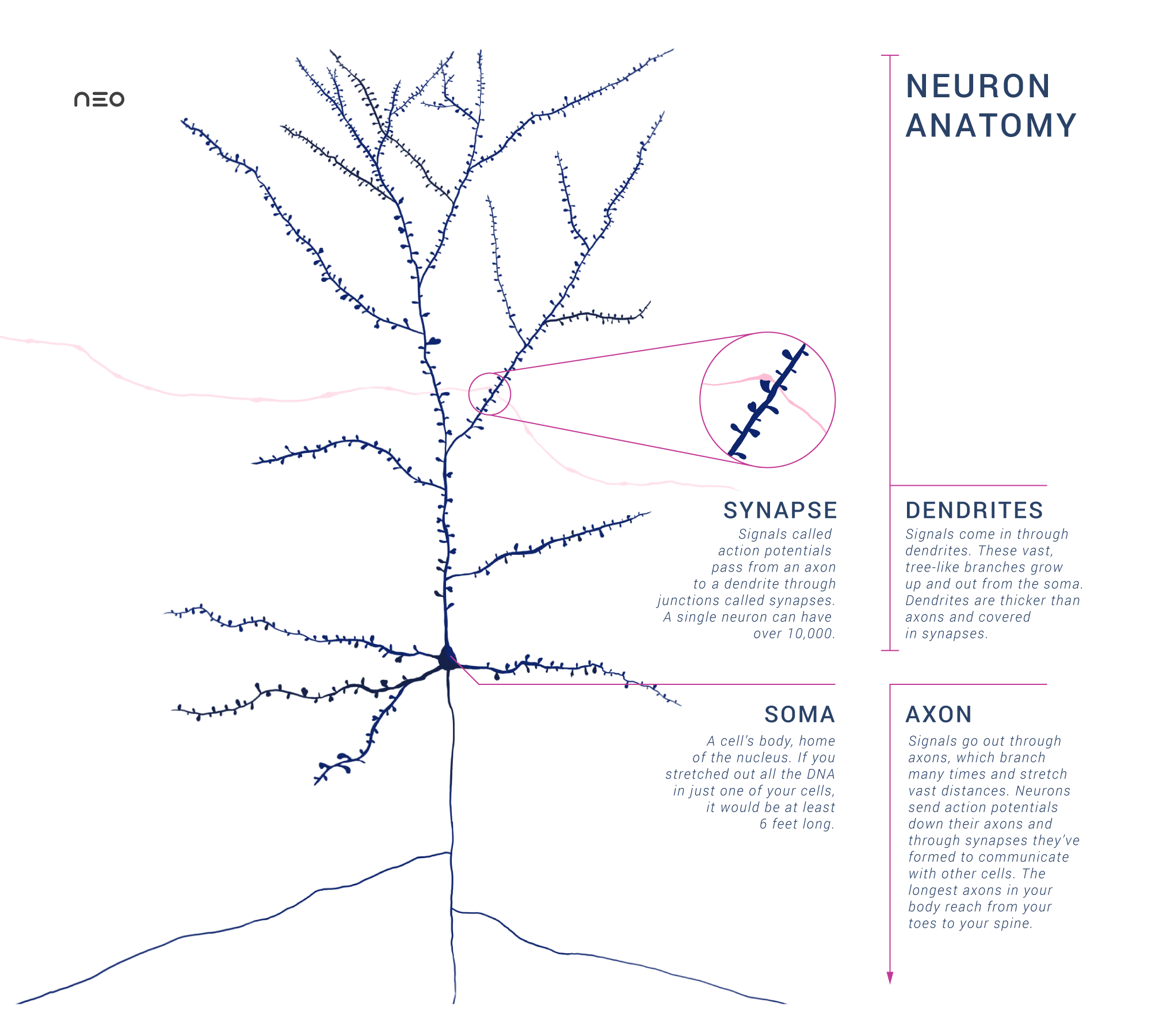
The Surprising Relativism of the Brain’s GPS
Table of Contents

Physics grappled with the question of whether space is absolute or relative for centuries, before deciding in favor of relativity. But, it is only in recent years that the brain sciences have begun to discuss a parallel set of questions. For many years now, absolute space has ruled neuroscience.
In the visual system, for example, it has long been assumed that there are two channels of information flow.4 The first is the “what” channel, carrying information about the identity of objects that an animal sees. The second is the “where” channel, containing information about the absolute position of these objects.
It was believed that the “what” channel contained no positional information at all. However, recent work has shown that while no information about the absolute position of an object is present in this channel, there is relative position information.5,6 This relative positional information is likely to be very important for object recognition.
Source: nautil.us


